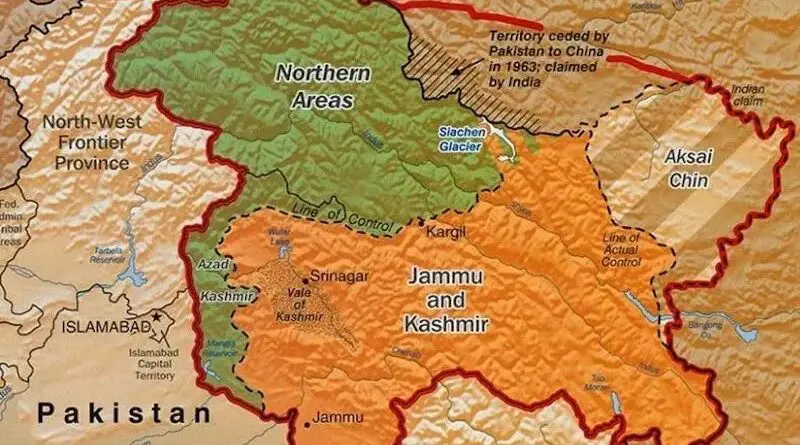Amjad Ayub Mirza, an activist from Pakistan-occupied Jammu and Kashmir (PoJK), released a statement on Thursday highlighting the severe developmental challenges plaguing the region. He accused Pak occupied-government of deliberately keeping PoJK underdeveloped to maintain control over the local population, thereby perpetuating systemic abuses without facing resistance.
Mirza’s statement harshly criticized the governance in PoJK, asserting that the Muzaffarabad Legislative Assembly functions merely as a puppet controlled by Pakistan’s home ministry and the Inter-Services Intelligence (ISI). Despite the region’s pressing needs, Mirza said, there has been no significant effort to stimulate economic growth or improve infrastructure.
The region remains economically and infrastructurally stagnant, with no progress in industrial development or tourism, sectors that are tightly controlled by Pakistan’s military forces. Mirza also highlighted the dire state of infrastructure in PoJK, pointing out the frequent power outages that can last up to 23.5 hours a day. He questioned how any industry could thrive under such conditions and decried the acute shortage of clean drinking water.
PoJK’s Grim Reality
Residents are often forced to rely on river water, despite the region’s abundant natural water resources, exposing them to significant health risks. Additionally, Mirza condemned the poor state of roads in both PoJK and Pakistan-occupied Gilgit-Baltistan (PoGB), citing numerous fatal accidents resulting from unsafe road conditions.
“The condition of roads is pathetic. People often die from falling into deep valleys because the government has failed to build safe roads in PoGB and PoJK,” Mirza said, describing the hazardous infrastructure. He also criticized the healthcare system, saying that many hospitals lack basic amenities, qualified doctors, and essential medications, with military hospitals being the only facilities properly maintained.
The educational sector fares no better, according to Mirza, with government schools and colleges in a deplorable state. Many institutions suffer from a shortage of classrooms, teachers, and resources, leaving students with limited educational opportunities. Private schools, meanwhile, are often financially out of reach for average families.

